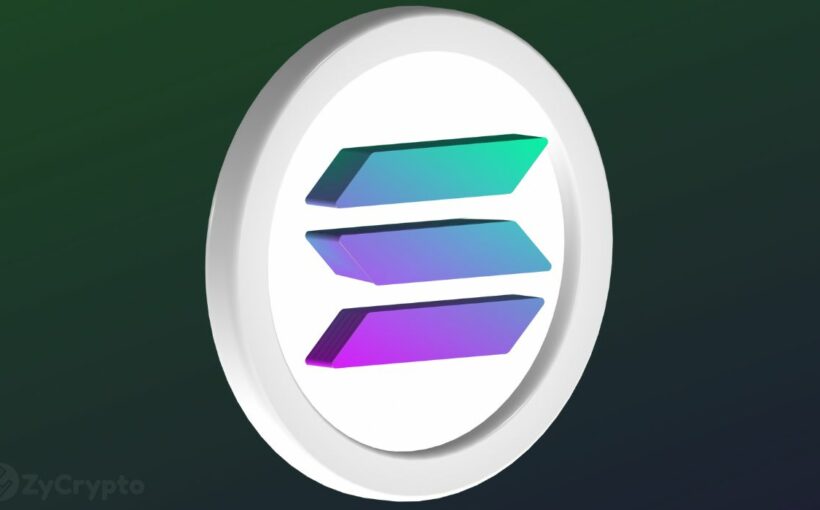Solana’s native token SOL climbed 12% on Jan. 2, 2023, to an intraday high, becoming one of the best-performing tokens in the new year, according to data shared by CoinMarketCap. The jump enabled the ‘Ethereum killer’ to tighten monthly losses to 17%, despite the fundamentals being against it.
Since reaching an all-time high of $260 in 2021, Solana has lost 95% of its value, pushing its market ranking to #17 with a valuation of $4.14 billion. From its fundamentals, Solana still suffers from the contagion following the collapse of the cryptocurrency derivatives exchange FTX. Before the exchange filed for bankruptcy, Alameda Research, affiliated with FTX, had invested more than $3 billion in Solana projects, per data from DefiLlama.
Besides, Solana is seeing the exit of several major non-fungible tokens (NFT) projects. One such project is DeGods, which is moving to Ethereum in the first half of 2023, and the other one is the y00ts NFT, also moving to Polygon.
Ethereum’s Co-founder Expresses Optimism in Solana Despite the Bearish Sentiment
However, despite the bearish sentiment about Solana, there is optimism among industry experts that the once-promising crypto project could rebound and even perform better. Ethereum’s co-founder Vitalik Buterin holds that opinion. Towards new year’s eve, he termed Solana’s future ‘bright’ because the less committed people had left the project.
‘‘Some smart people tell me there is an earnest, smart developer community in Solana, and now that the awful opportunistic money people have been washed out, the chain has a bright future,’’ Buterin wrote on his Twitter handle. He added that ‘‘(it was hard for him) to tell from outside, but (he) hoped that the community gets its fair chance to thrive.’’
Even before the crypto winter, Solana was already experiencing internal challenges related to network outages. A 24-hour outage last year saw the speed-first digital asset drop from a high of $140 to $90. Another 7-hour disruption in May further exposed Solana’s weakness. The blockchain uses an innovative proof of history consensus on top of the proof of stake model.
Source: Read Full Article
